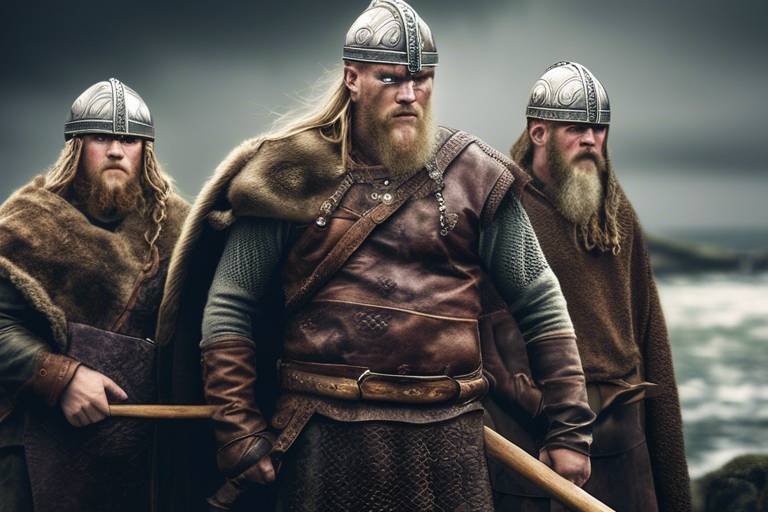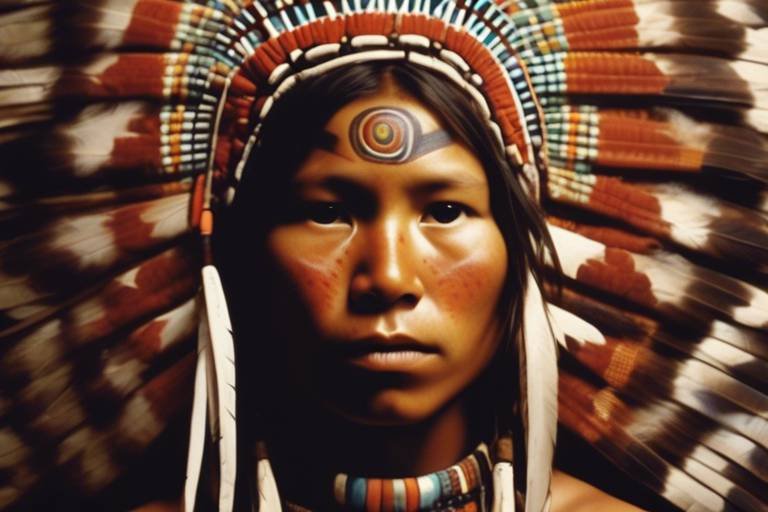The Influence of Ancient Greece on Modern Theater
Ancient Greece holds a profound influence on modern theater, shaping the very essence of dramatic arts as we know them today. The legacy of Greek theater is deeply embedded in the core practices and principles of contemporary theatrical productions, showcasing a rich tapestry of traditions and innovations that have stood the test of time.
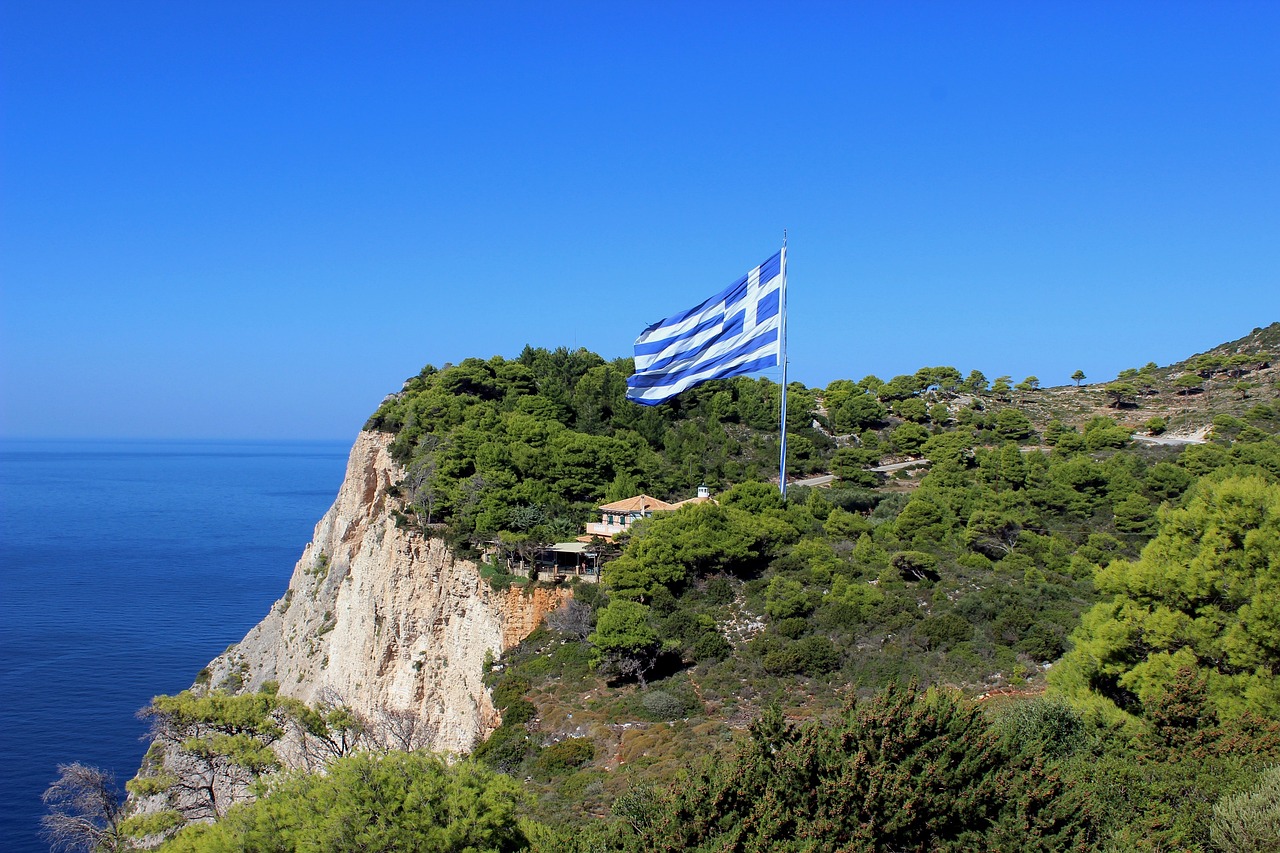
Ancient Greek Dramatic Festivals
Ancient Greek Dramatic Festivals played a crucial role in the development of theater as we know it today. These festivals were not just mere entertainment events but were deeply rooted in religious and cultural significance. One of the most famous festivals was the Dionysia, held in honor of the god Dionysus, the patron of theater. During these festivals, playwrights would compete to showcase their theatrical works, which often explored themes of mythology, politics, and human nature.
The Dionysia consisted of two main categories: the City Dionysia, held in Athens, and the Rural Dionysia, celebrated in the countryside. The City Dionysia was a grand event where citizens gathered to watch performances of tragedies and comedies. The Rural Dionysia, on the other hand, was a more rustic affair, focusing on the lighter genre of comedy.
These festivals were not only a platform for theatrical performances but also served as a means of civic education and cultural expression. They provided an opportunity for the community to come together, reflect on societal issues, and celebrate the arts. The competitive nature of the festivals encouraged playwrights to push the boundaries of storytelling and dramatic presentation, setting the stage for innovation and creativity in theater.
Moreover, the festivals were characterized by their extravagant productions, featuring elaborate costumes, masks, and a chorus that played a significant role in narrating the story and engaging with the audience. The use of music, dance, and poetic language added depth and richness to the performances, captivating the spectators and evoking a range of emotions.
Overall, the Ancient Greek Dramatic Festivals were a melting pot of artistic expression, cultural exchange, and spiritual reverence. Their legacy continues to resonate in modern theater, influencing the way stories are told, characters are portrayed, and emotions are conveyed on stage. The traditions and innovations born out of these ancient festivals have left an indelible mark on the theatrical landscape, shaping the evolution of the art form through the centuries.
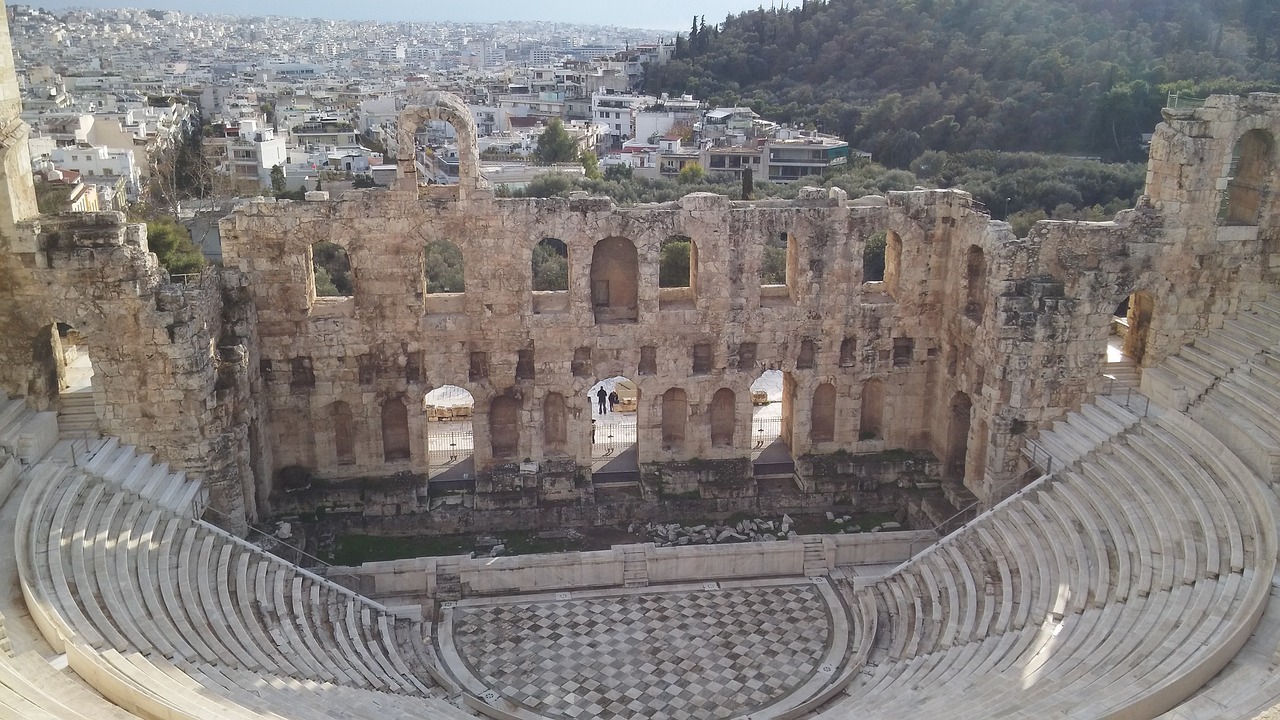
Greek Tragedy and Comedy
Greek Tragedy and Comedy hold a significant place in the history of theater, originating from the theatrical traditions of ancient Greece. Tragedy, a form of drama that explores serious themes and often ends in catastrophe, was a popular genre in Greek theater. It delved into complex human emotions, moral dilemmas, and the consequences of actions, providing audiences with a cathartic experience. Comedy, on the other hand, offered a lighter tone, often satirizing societal norms, politics, and human behavior. Both tragedy and comedy were performed during the dramatic festivals of ancient Greece, such as the Dionysia and the Lenaia, showcasing a diverse range of storytelling techniques and theatrical styles.
In Greek Tragedy, themes of fate, hubris, and the struggle between individuals and divine forces were commonly explored. Tragic heroes, flawed yet noble characters, faced inevitable downfall due to their own actions or circumstances beyond their control. These themes continue to resonate in modern theater, influencing the portrayal of complex characters and moral dilemmas in contemporary plays and performances. Greek Comedy, characterized by its humor, wit, and satire, provided a platform for social commentary and political critique. The comedic elements of ancient Greek plays, including exaggerated characters and witty dialogue, have influenced comedic writing and performance styles in modern theater.
A key aspect of Greek Tragedy and Comedy was the use of the chorus, a group of performers who provided commentary, context, and emotional depth to the unfolding drama. The chorus not only reflected the sentiments of the audience but also served as a narrative device, bridging the gap between the characters and the spectators. Masks were another essential element of Greek theater, allowing actors to portray multiple roles and express a range of emotions effectively. The use of masks in ancient Greek theater influenced the development of character portrayal and theatrical aesthetics in contemporary productions.
The enduring legacy of Greek Tragedy and Comedy is evident in the continued exploration of universal themes, complex characters, and theatrical techniques in modern theater. Playwrights and directors draw inspiration from the storytelling traditions of ancient Greece, adapting and reinterpreting classical works to engage contemporary audiences. The influence of Greek theater can be seen in the structure, themes, and performance styles of a wide range of theatrical productions, showcasing the timeless appeal and relevance of the dramatic traditions that originated in ancient Greece.
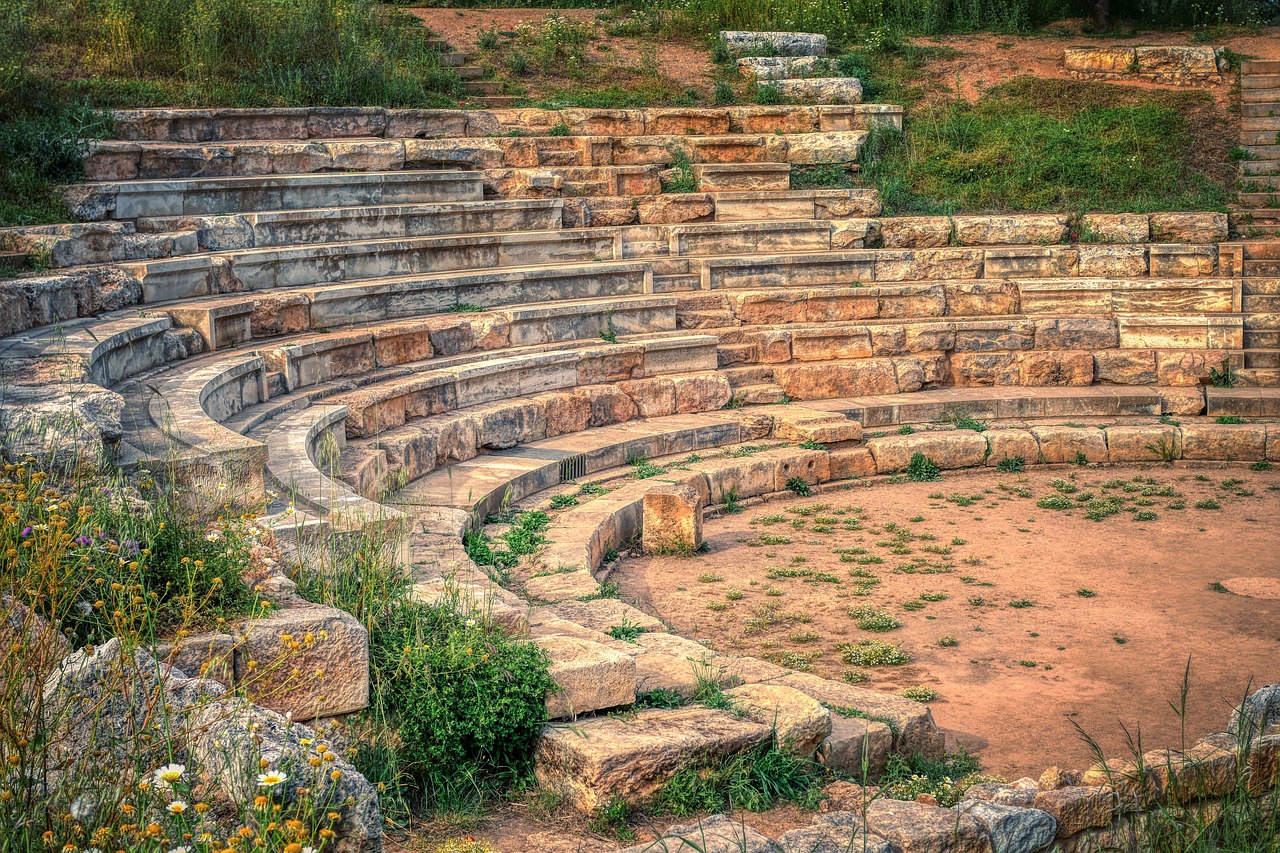
Aristotle's Poetics
Aristotle's Poetics is a cornerstone in the realm of dramatic theory, providing invaluable insights into the art of storytelling and theatrical performance. Written in the 4th century BC, this seminal work delves into the essential elements of drama, including plot, character, theme, and spectacle, shaping the foundation of modern theater as we know it today. Aristotle's analysis of tragedy and its cathartic effect on audiences continues to influence playwrights and directors, guiding them in creating compelling narratives that resonate with viewers on a profound emotional level.
One of the key concepts introduced in Aristotle's Poetics is the notion of the "unity of action," emphasizing the importance of a cohesive and well-structured plot that unfolds logically and engages the audience from beginning to end. This principle has been embraced by contemporary playwrights and screenwriters, who strive to craft narratives that are both engaging and thematically rich, drawing inspiration from Aristotle's timeless wisdom.
Furthermore, Aristotle's exploration of character development and the concept of "hamartia," or tragic flaw, has had a lasting impact on the portrayal of protagonists in dramatic works. By imbuing characters with complexity and internal conflict, playwrights are able to create compelling figures that resonate with audiences and evoke empathy and introspection.
In addition to his analysis of plot and character, Aristotle also delves into the role of spectacle and music in enhancing the theatrical experience. While modern theater has evolved in terms of production values and technical capabilities, the fundamental principles outlined in Aristotle's Poetics regarding the emotional and aesthetic impact of spectacle remain relevant to this day.
Overall, Aristotle's Poetics stands as a timeless guide for artists and creators in the realm of theater, offering profound insights into the art of storytelling and the power of live performance to evoke profound emotional responses in audiences. By studying and applying the principles laid out by Aristotle, contemporary playwrights and directors continue to honor the legacy of ancient Greek theater and its enduring influence on the world of drama.
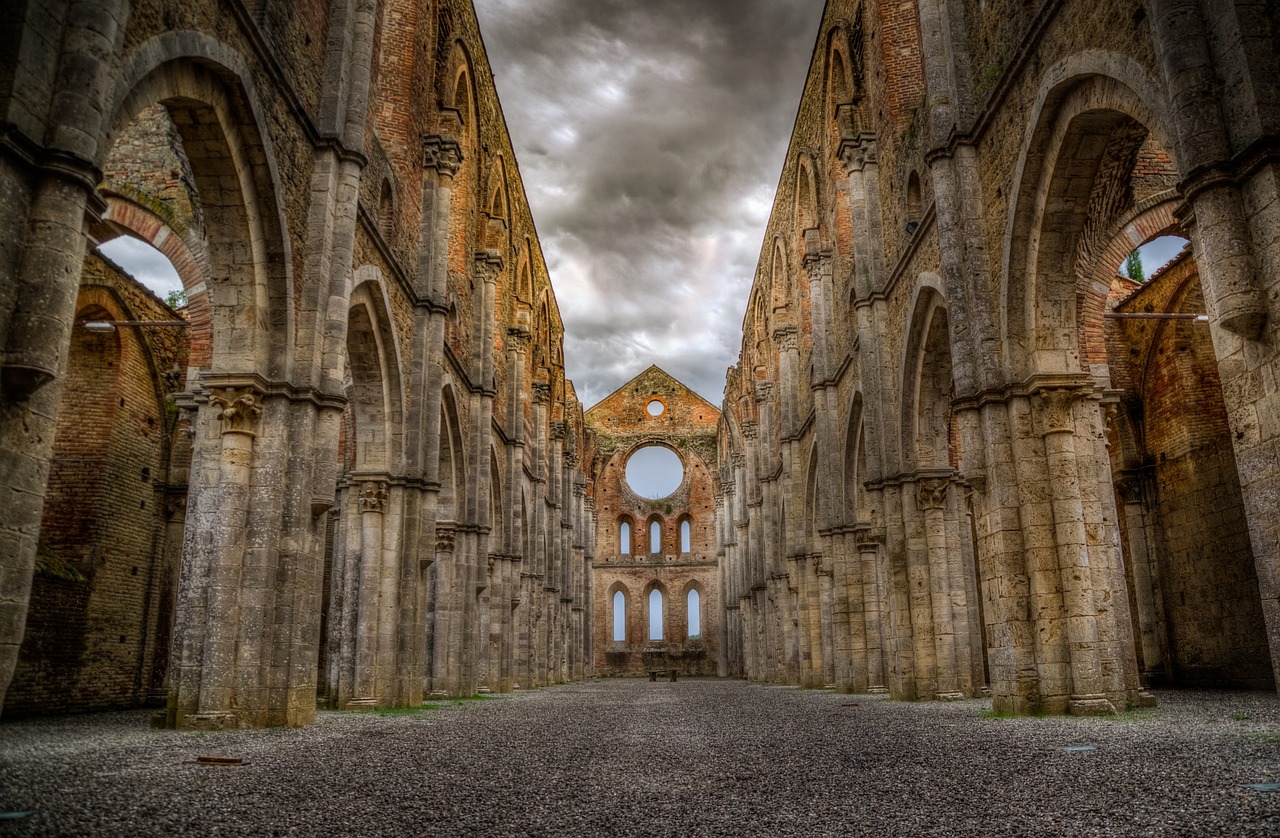
Theater Architecture in Ancient Greece
Theater architecture in ancient Greece played a pivotal role in shaping the way performances were conducted and experienced. The ancient Greeks designed their theaters with a keen understanding of acoustics and audience engagement, setting the stage for modern theater design.
One of the most iconic features of ancient Greek theaters was the **amphitheater** design, characterized by a semicircular seating arrangement that allowed for optimal viewing and acoustics. The tiered seating ensured that every audience member had a clear view of the stage, enhancing the overall theatrical experience.
Furthermore, the **orchestra**, a circular performance space at the center of the theater, was where the chorus and actors interacted. This central space facilitated dynamic performances and dialogue, creating an immersive experience for the audience.
Ancient Greek theaters also incorporated **scenic elements** such as the **skene**, a building behind the stage that served as a backdrop and a space for actors to change costumes. The skene, along with **parodoi** (entrances for actors), added depth and visual interest to performances, influencing modern stage design principles.
The **acoustics** of ancient Greek theaters were carefully considered, with the design of the seating and stage enhancing the natural projection of actors' voices. This emphasis on clear and powerful vocal delivery influenced the way actors perform and project their voices in contemporary theater productions.
Moreover, the **open-air** design of ancient Greek theaters allowed for performances to be staged in natural light, creating a connection between the actors and the environment. This integration of nature into theatrical performances added a sense of authenticity and realism to ancient Greek dramas.
In conclusion, the architectural innovations of ancient Greek theaters have had a lasting impact on modern theater design and performance spaces. The thoughtful consideration of acoustics, audience engagement, and scenic elements in ancient Greek theaters continues to influence the way theatrical productions are staged and experienced today.
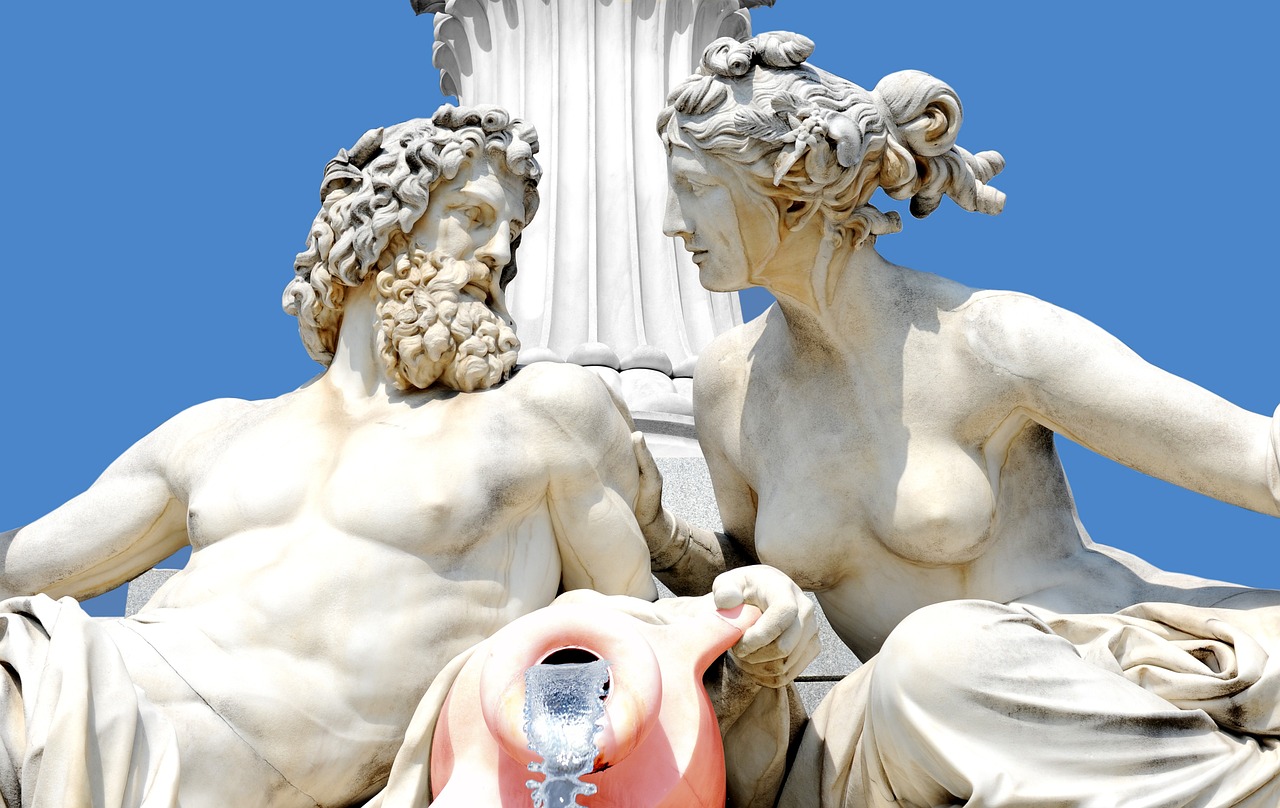
Chorus and Masks in Greek Theater
When delving into the realm of ancient Greek theater, one cannot ignore the significant roles played by the chorus and masks. These elements were not merely accessories but integral components that added depth and symbolism to the performances. The chorus, a group of actors who sang, danced, and provided commentary throughout the play, served as a bridge between the audience and the characters on stage. Their harmonious movements and collective voice often reflected the emotional undercurrents of the narrative, enhancing the overall theatrical experience.
Similarly, the use of masks in Greek theater was a tradition deeply rooted in symbolism and theatrical convention. Masks allowed actors to portray multiple characters by simply switching masks, adding a layer of complexity and intrigue to the storytelling. Moreover, masks served as a visual representation of the characters' emotions, enabling the audience to interpret the inner thoughts and feelings of the actors without relying solely on dialogue.
Furthermore, masks in Greek theater were not just disguises but powerful tools that transformed actors into larger-than-life embodiments of archetypal figures. These masks, often exaggerated in expression and features, facilitated the portrayal of gods, heroes, and mythical beings with grandeur and gravitas. The use of masks also contributed to the mystique and mysticism of the theatrical performances, creating an otherworldly atmosphere that captivated audiences and transported them to the realm of ancient myths and legends.
Moreover, the combination of chorus and masks in Greek theater was a harmonious blend of music, movement, and visual storytelling. The synchronized choreography of the chorus, combined with the striking imagery of the masks, created a spectacle that transcended mere entertainment and evolved into a profound artistic expression. The chorus's melodic chants intertwined with the actors' masked performances, weaving a tapestry of emotions and themes that resonated with audiences on a visceral level.
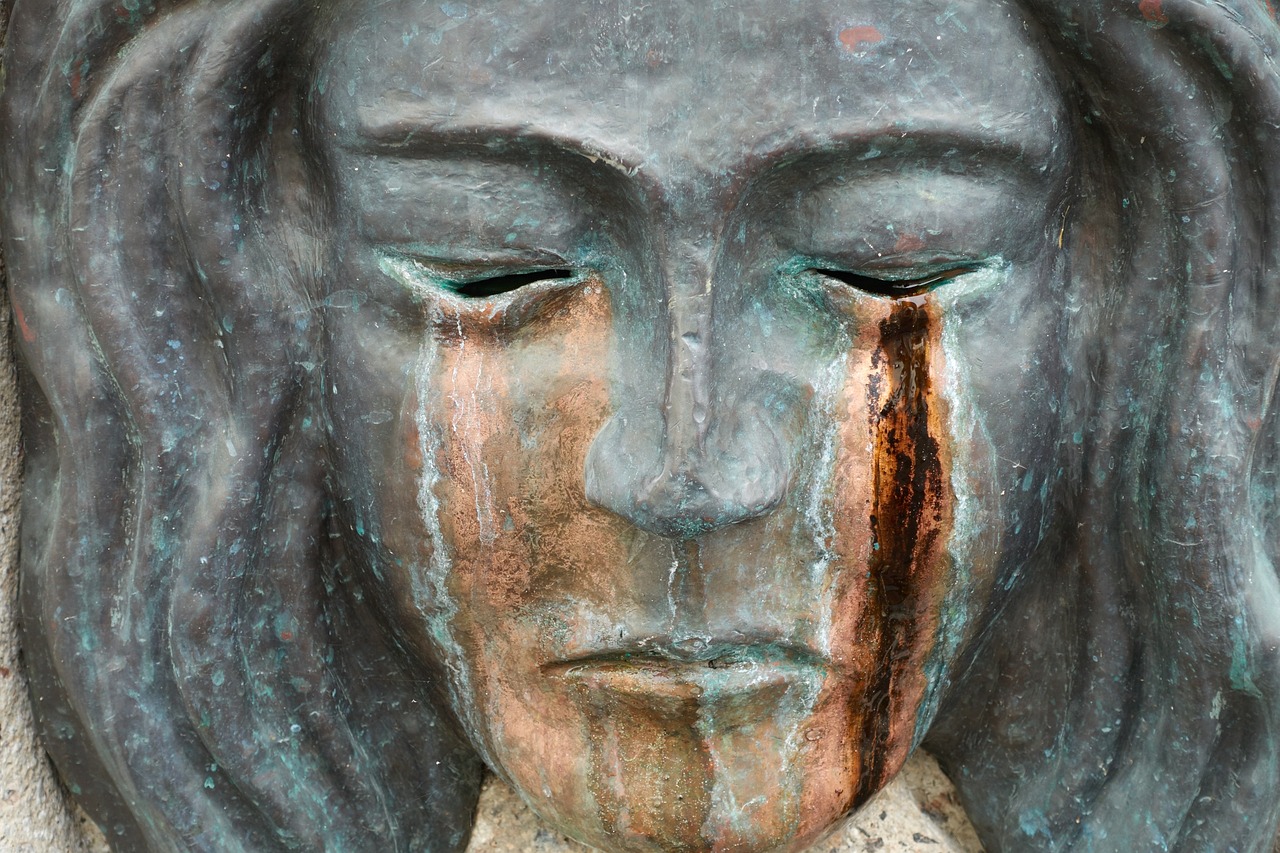
Character Archetypes in Greek Drama
In ancient Greek drama, character archetypes played a fundamental role in shaping the narrative and conveying universal themes to the audience. These archetypes were not merely individuals but representations of broader concepts and emotions, serving as vessels for the playwrights to explore human nature and societal issues.
One of the most prominent character archetypes in Greek drama is the Tragic Hero, a figure who possesses noble qualities but is ultimately brought down by a fatal flaw, known as hamartia. This archetype, exemplified by characters like Oedipus and Medea, reflects the inherent vulnerability and hubris of humanity, reminding audiences of the consequences of pride and arrogance.
Conversely, the Chorus in Greek drama represented the collective voice of society, offering commentary, guidance, and moral reflections on the unfolding events. Often serving as a bridge between the audience and the characters, the Chorus provided context and emotional depth to the narrative, enhancing the overall theatrical experience.
Another significant archetype is the Antagonist, a character who opposes the protagonist and embodies qualities such as jealousy, ambition, or vengeance. Through the interactions between the protagonist and antagonist, Greek playwrights explored themes of conflict, power dynamics, and the complexities of human relationships.
Furthermore, the Trickster archetype added a touch of humor and unpredictability to Greek dramas, challenging societal norms and expectations through cunning and wit. Characters like Hermes and Autolycus brought a sense of mischief and subversion to the stage, disrupting the established order and prompting reflection on the nature of deception and trickery.
Lastly, the Female Archetype in Greek drama encompassed a wide range of characters, from virtuous heroines to vengeful goddesses, each representing different facets of femininity and power. These female figures, such as Clytemnestra and Medusa, defied traditional gender roles and norms, offering complex portrayals of women's agency and resilience in the face of adversity.

The Influence of Greek Mythology
Greek mythology holds a profound influence on modern theater, with its timeless tales of gods, heroes, and mythical creatures continuing to captivate audiences worldwide. The rich tapestry of Greek myths provides a treasure trove of inspiration for playwrights and directors, allowing them to delve into universal themes of love, betrayal, heroism, and tragedy.
Many theatrical works draw upon the vast pantheon of Greek gods and goddesses, weaving their stories into the fabric of contemporary plays and musicals. The enduring popularity of Greek mythology lies in its ability to resonate with audiences on a deep, emotional level, tapping into fundamental aspects of the human experience.
Furthermore, the archetypal characters found in Greek myths serve as a foundation for creating complex and multifaceted roles in modern theater. From the tragic figure of Oedipus to the heroic exploits of Hercules, these characters continue to inspire new interpretations and adaptations in theatrical productions.
Additionally, the themes and motifs present in Greek mythology provide a rich source of symbolism and allegory for contemporary playwrights to explore. By delving into the timeless stories of gods and mortals, theater artists can shed light on pressing societal issues and human dilemmas, creating a powerful connection with audiences.
Overall, the influence of Greek mythology on modern theater is undeniable, shaping the way stories are told, characters are portrayed, and themes are explored on the stage. By tapping into the rich heritage of ancient Greek myths, playwrights and directors continue to create compelling and thought-provoking theatrical works that resonate with audiences of all ages.

The Legacy of Greek Playwrights
Greek playwrights have left an indelible mark on the world of theater, shaping the art form in profound ways that continue to resonate to this day. The legacy of renowned Greek playwrights such as Aeschylus, Sophocles, and Euripides is a testament to their enduring influence on modern theatrical practices.
These ancient dramatists were pioneers in the development of dramatic storytelling, introducing innovative techniques and themes that laid the foundation for Western theater. Aeschylus, known as the "father of tragedy," revolutionized the art form by introducing a second actor on stage, paving the way for more complex narratives and character interactions.
Sophocles, another titan of Greek drama, is celebrated for his exploration of human nature and the complexities of fate and free will. His timeless tragedies, such as "Oedipus Rex" and "Antigone," continue to captivate audiences with their profound insights into the human experience.
Euripides, often considered the most modern of the three tragedians, challenged traditional conventions and delved into psychological depths previously unexplored in theater. His works, including "Medea" and "The Bacchae," confront themes of passion, revenge, and the consequences of unchecked emotion.
Together, these playwrights not only entertained ancient Greek audiences but also provided a platform for exploring philosophical and moral dilemmas that still resonate with contemporary viewers. Their enduring legacy serves as a source of inspiration for playwrights and theater practitioners around the world, underscoring the timeless power of storytelling and the theatrical arts.

Modern Interpretations of Greek Tragedy
Modern interpretations of Greek tragedy have continued to captivate audiences and challenge contemporary playwrights and directors to reimagine these classic works in innovative ways. While staying true to the essence of the original tragedies, modern adaptations often infuse new perspectives and artistic styles to resonate with today's audiences.
One common approach in modern interpretations is to explore the timeless themes of fate, hubris, and the human condition that are prevalent in Greek tragedies. By delving into these universal themes, playwrights aim to create connections between ancient narratives and modern-day societal issues, inviting audiences to reflect on the enduring relevance of these stories.
Contemporary directors also experiment with staging techniques and visual elements to breathe new life into traditional Greek tragedies. From minimalist sets to avant-garde costume designs, modern productions seek to engage audiences visually while honoring the emotional depth and complexity of the original works.
Moreover, modern interpretations often incorporate diverse cultural influences and perspectives to offer fresh insights into familiar tales. By reinterpreting Greek tragedies through a contemporary lens, playwrights and directors strive to spark dialogue and provoke thought on themes such as power, morality, and the consequences of human actions.
Through these innovative approaches, modern interpretations of Greek tragedy serve as a testament to the enduring power of ancient storytelling and its ability to resonate across time and cultures. By blending tradition with innovation, contemporary artists continue to honor the legacy of Greek drama while pushing the boundaries of theatrical expression.
Frequently Asked Questions
- What were the main dramatic festivals in ancient Greece?
The main dramatic festivals in ancient Greece were the Dionysia and the Lenaia. These festivals were dedicated to the god Dionysus and featured theatrical performances of tragedies and comedies.
- How did Greek tragedy and comedy influence modern theater?
Greek tragedy and comedy laid the foundation for many theatrical conventions still used today. The themes, character archetypes, and dramatic structures of ancient Greek plays continue to inspire contemporary playwrights and directors.
- Why is Aristotle's Poetics important in the context of theater?
Aristotle's Poetics is a seminal work that provides a framework for understanding the essential elements of drama. Its principles on plot, character, and spectacle have guided playwrights and theater practitioners for centuries.
- What role did chorus and masks play in ancient Greek theater?
The chorus and masks were integral components of ancient Greek theater, serving as a means of storytelling, character representation, and emotional expression. Their influence can be seen in modern theatrical techniques and stagecraft.
- How has Greek mythology impacted modern theater?
Greek mythology continues to be a rich source of inspiration for theatrical works. The timeless stories of gods, heroes, and monsters from Greek myths are frequently adapted and reimagined on stage, connecting contemporary audiences to ancient cultural narratives.
- Who are some famous Greek playwrights and what is their legacy?
Famous Greek playwrights such as Aeschylus, Sophocles, and Euripides are revered for their contributions to the dramatic arts. Their innovative storytelling, complex characters, and exploration of moral dilemmas have left a lasting imprint on the evolution of theater.






